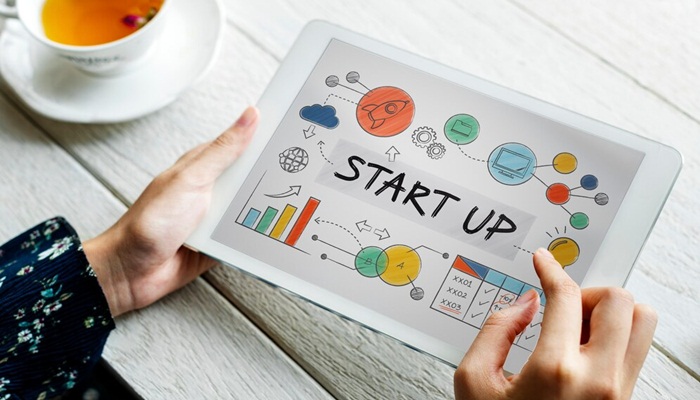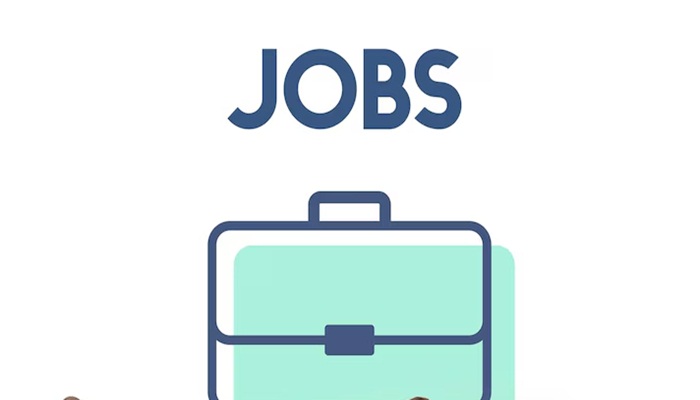Artificial Intelligence has become an undeniable aspect of the modern workplace. AI adoption in industry spans the gamut from healthcare and finance to manufacturing and retail. AI tools are reshaping how each business functions in a variety of ways. AI can automate repetitive tasks, optimize workflows, and reduce human error in previously unimaginable ways. Its benefits range from error reduction to waste minimisation to superior customer experience. AI is enhancing efficiency, lowering costs, and allowing companies to scale at a much faster rate than before.
Limitations of AI
The other side to the story is that, despite its promise, artificial intelligence is not foolproof. Generative AI is built to provide responses but does not inherently guarantee accuracy. Artificial Intelligence is a tool that synthesizes information from a variety of sources. But it is not equipped to assess the validity or accuracy of that information. Thus AI tools can process and present information efficiently. But they still require human supervision to ensure correctness, relevance, and ethical use.
We are seeing multiple cases of AI systems generating misleading, biased, or even completely fabricated information. Without human intervention, the danger is that AI could perpetuate errors, reinforce existing biases, even fabricate responses that seem plausible but are wholly incorrect. These could cause much more damage and losses than any amount of savings or benefits. So businesses integrating AI into their operations must prioritize human oversight to monitor its progress, refine its outputs, and ensure it aligns with ethical and practical standards.
AI’s impact on Employment
The great potential of artificial intelligence is offset by its pushing its way into what was once the exclusive domain of human workers. Many fear being replaced by AI and seeing a potential reduction in employment opportunities. Thus AI is both a game-changer and a challenge for the workforce. It speeds things up, but it also raises tough questions about job security.
The World Economic Forum predicts major shifts in employment patterns across industries due to AI. Their report estimates that 85 million jobs will be displaced by 2025. But they also predict the creation of 97 million new roles in the same time. Thus, while some jobs may disappear, we can expect new opportunities to emerge. These new positions are likely to focus on AI management, oversight, and the development of new AI-driven applications.
Let’s take a look at exactly how artificial intelligence is changing the working landscape of today.
AI in Healthcare
AI’s benefits to the healthcare industry are in research, diagnostics, and patient care. AI-powered tools help researchers analyse vast amounts of medical data in record time, leading to breakthroughs that were once thought to take decades. Lila Sciences is one of many companies applying AI to biology in areas such as green solutions and non-invasive medicine.
Google’s AI Co-Scientist is another example of AI-aided progress. This AI system may be able solve research problems that have remained unsolved for years. This signifies a big leap in medical discoveries and offers new avenues for innovation in treatment methods.
These AI advancements in biological applications and research could mean path-breaking progress in drug discovery and personalized medicine. AI adoption may render some traditional research methods less central. But there are possible new roles in AI-driven research, bioinformatics, and the development of AI tools for medical professionals. Healthcare may see a greater demand for AI specialists and data scientists with expertise in biology and medicine.
AI in Manufacturing
The manufacturing industry has long embraced automation, but AI is now enhancing efficiency in unprecedented ways. AI is being utilized in several key areas:
- Generative Design: It’s easier to explore variations in design, optimise for constraints and objectives thus improving product development.
- Quality Control: Image analysis can detect irregularities to identify defective products and ensure higher quality adherence.
- Supply Chain Optimization: Predicting demand fluctuations allows manufacturers to adjust production schedules and meet timelines better.
- Predictive Maintenance: AI analyses sensor data to predict when machines require maintenance, reducing downtime and improving efficiency.
AI-powered robots are playing crucial roles in the manufacturing sector today. Traditional automation was bound by rigid, pre-defined processes. But AI robots easily learn and adapt to new processes with agility and speed. They enhance precision, reduce errors, minimise waste and improve operational efficiency. This shift undeniably reduces the reliance on human labour. But many of the roles being made redundance by AI involve repetitive tasks. There are possible new roles in robotics maintenance and AI system oversight. Thus manufacturing is likely to see a greater demand for AI specialists and engineers.
AI in Customer Service
AI is significantly transforming the customer service industry, offering faster, more efficient responses and enhancing overall customer experience. Companies are increasingly integrating AI-driven solutions to improve service delivery.
- Google’s Gemini AI is designed to provide personalized responses based on a user’s search history, offering a more seamless customer experience.
- FanDuel’s AI Chatbot provides customer assistance, offering support for gambling research and bet construction.
- AI-Powered Hospitality Solutions are automating routine tasks in hotels and restaurants, allowing staff to focus on enhancing personal interactions.
- AI Agents in Content Creation and Customer Engagement are helping businesses maintain continuous, tailored engagement with customers.
Where traditional customer service relied heavily on human agents, AI systems can now handle a significant volume of inquiries and provide instant support. This value may lead to a reduction in the need for large numbers of human agents handling routine tasks. However businesses that wish to incorporate AI into their customer service functions, need professionals who can train AI models to handle more complex customer interactions, refine automated responses and ensure that these align with brand identity. Customer service is likely to see a greater demand for roles in AI chatbot development, natural language processing and customer experience designers who can integrate AI effectively into service strategies.
The Future of Work with AI
Organizations are increasingly rethinking how they define roles and where AI fits into their operations. McKinsey’s ‘Humans behind AI’ initiative explores the concept of hybrid intelligence, emphasizing that AI should complement human decision-making rather than replace it.
Business leaders acknowledge the growing need for AI specialists, data analysts, and data scientists. Many companies are investing in reskilling and upskilling programs to help employees transition into AI-related roles. However, reports suggest that less than half of eligible employees take advantage of these opportunities.
Skills that are becoming increasingly valuable include:
- Critical thinking and analysis
- Problem-solving
- Self-management, including active learning and resilience
- Communication and human interaction skills
While machines excel at processing data and retrieving information, human roles will remain essential in decision-making, strategic planning, and ethical oversight. Those who continuously adapt and upskill will be better positioned to thrive in an AI-driven job market.
The integration of AI into the workforce is inevitable, but the extent to which it enhances or disrupts employment will depend on how individuals and organizations respond to these changes. AI is not replacing human ingenuity; rather, it is reshaping the nature of work, demanding agility, continuous learning, and strategic adaptation. Those who embrace these changes will find new opportunities in the evolving professional landscape.






















